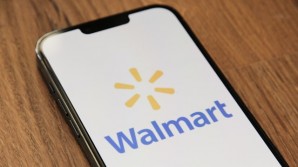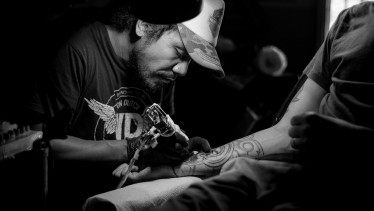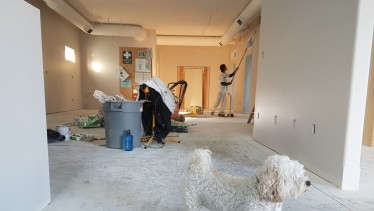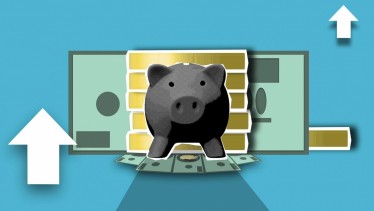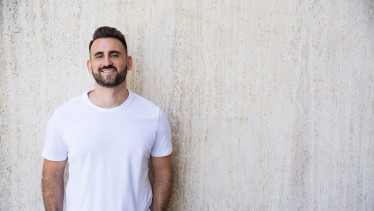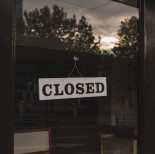Over 10,000 show up to take a MOOC course on Ebola prevention.
ALISON (Advance Learning Interactive Systems Online), a global online education company based in Ireland, has been providing a free massive open online course, known as a MOOC, to thousands of people in West Africa in an effort to educate them about preventing the spread of Ebola, a disease that has claimed the lives of nearly 3,900 people, according to an Oct. 8 update from the World Health Organization.
Over 250,000 participants of the 4 million totals are located in West Africa, with 100,000 located in Nigeria and 50,000 in Ghana, two areas to recently have outbreaks of the disease. The company serves about 1 million learners across the African continent.
"It had occurred to me that while many of us know the names of diseases such as malaria, HIV, hyper-tension and diabetes, few of us know key information about how it affects you, how it is treated or controlled," said Mike Feerick, the company's CEO, in a blog post Tuesday.
The course, "Understanding the Ebola virus and how to avoid getting it," explores the history of the disease, including previous outbreaks, as well as the history surrounding the current outbreak. The course also discusses how the virus is passed, how it is treated, and occurring symptoms to watch for. Most people who suffer from Ebola contracted it while caring for an ailing relative.
The course continues with a section on how to prevent the disease, such as placing sick individuals in quarantine, limiting travel, and disinfecting contaminated areas. Participants must then receive an 80% or higher on a test in order to pass the course. The whole course takes about 1-2 hours to complete.
"Using MOOC-type free learning platforms for public health education is not a new idea," Feerick wrote. "The potential was particularly apparent to me after the SARS outbreak. As governments worldwide ran advertising campaigns on national TV and radio, I remarked that most of their target audience was not actually listening to those communications mediums. Again, the power of the direct connectivity of a large and freely accessible learning platform such as ALISON could be used here."
The majorities of people who take these types of online courses already have some sort of degree and use the courses for a type of self-directed learning, says Karen Swan, a professor of educational leadership at the University of Illinois at Springfield.
"Public education on a whole slew of topics is probably a very good use for them," Swan says. "I think it's a wonderful use of MOOCs." Other organizations outside of universities - such as governments, employers or national advocacy organizations like the World Health Organization - could use massive open online courses to quickly spread information, Swan adds.




